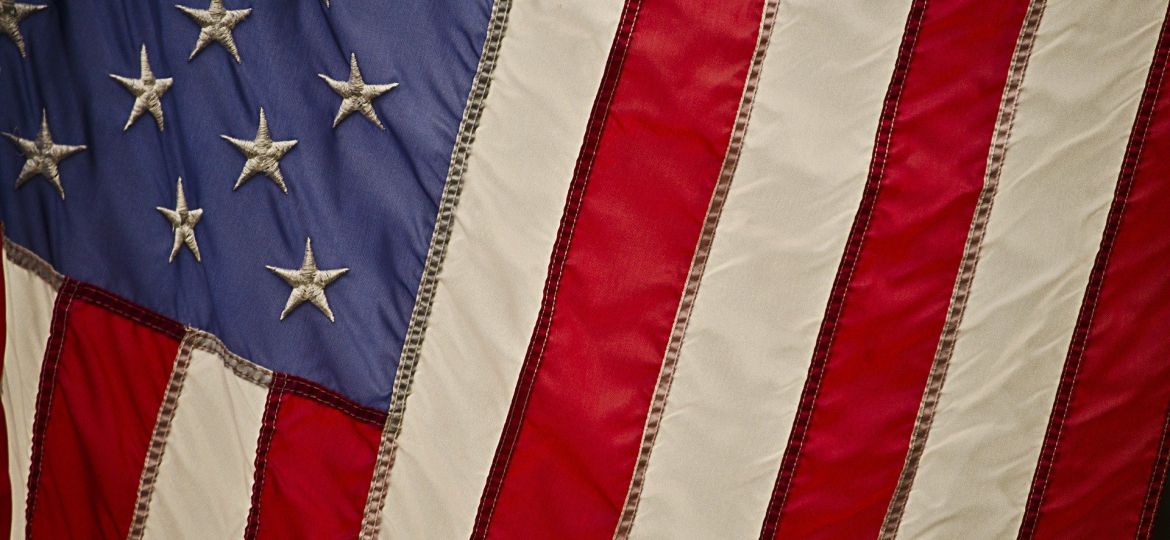
The attacks of Sept. 11, 2001 proved that the United States of America was fallible. U.S. citizens could be threatened, attacked and stirred to fear over the reality that their government could not be trusted to protect them. But in the wake of a deadly pandemic that has killed over 200,000 Americans, we must ask ourselves why the events of Sept. 11 continue to be the tragedy that elicits such an emotional response from U.S. citizens.
The Sept. 11 attacks and repercussions thereafter led to a loss of idealism for our country due to the politicization of the events. In addition, many people realize that these attacks have taken precedence over other global tragedies that have been directly or indirectly caused by the U.S. in its mission to achieve democracy and liberty. The attacks have been politically emphasized in a way that frames them as the worst tragedy in recent history. That is not the case.
This realization happened when people uncovered more facts, year after year, about the scope and nature of U.S. interference overseas. This led to a change in the cultural zeitgeist, where people were much more willing to pay attention and learn about international issues they had previously ignored — especially in regards to U.S retribution, interception and control over other foreign nations.
According to a 2011 investigation at the Pew Research Center 55 percent of Muslims found it more difficult to live in a post-9/11 world. Between 185,296–208,295 Iraqi civilians died due to violence since 2003, a consequence of former President George W. Bush-led War on Terror, according to the Iraq Body Project. Iraqi citizens continue to suffer via economic sanctions and military occupation.
Yemen has suffered the worst humanitarian crisis in the world in recent years, another indirect consequence of U.S. involvement in the Middle East. These facts are made more accessible with the growth of technology, especially as news outlets focus on moving online and expanding their reach to more citizens.
Traditional news outlets aren’t the only source for information regarding U.S. retaliation after the Sept. 11 attacks. Twitter user @ocapreina wrote on Sept. 11, 2020: “9/11 was just one day in history where the US experienced the violence and terror they inflict on other countries and ever since then that memory is misused to justify atrocities far worse than what happened that day.”
During a chapel talk on the sixth anniversary of the terrorist attacks, President David Anderson ’74 said, “we remember feeling angry, perhaps vengeful. Perhaps some of us still feel angry, still yearn for vengeance.” While this may be true for some, there has been a contemporary realization that the U.S. often causes more harm than good in its foreign interventions.
In turn, people can no longer embrace anger without considering the consequences resulting from the U.S. response. This leads to questions as to why Western tragedy continues to take priority and to be considered the gravest calamity among the tragedies of other countries throughout this century — especially those caused by Western powers.
Our inability to thoughtlessly grieve shows how much our knowledge has expanded. It may be challenging to embrace all the world’s difficulties, but ignorance to other tragedies, though easy, is an unacceptable and insensitive path.
Kamila is from Panama City, Panama. Her major is English.
cajiao1@stolaf.edu

